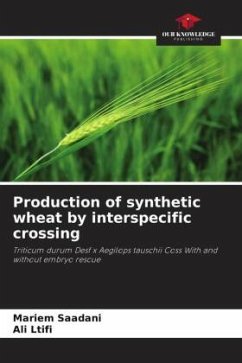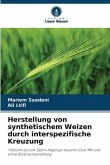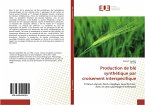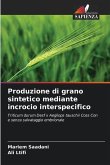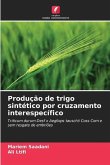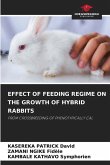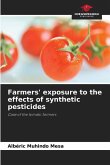With the aim of producing synthetic wheat, interspecific hybridizations were performed between 7 genotypes of wheat grown in Tunisia (female parent) and 11 ecotypes of Aegilops tauschii, originating from Pakistan, Afghanistan, Iran, Turkmenistan and Syria (male parent). The possibility of obtaining hybrid plants, with and without embryo rescue, was studied. Aegilops pollen induced the formation of 270 hybrid caryopses from 5638 pollinated flowers. The average number of caryopses obtained was about 7 caryopses found on each pollinated spike. Variability in plant regeneration rate was observed in durum wheat genotypes. The hybrids show a dominance of the morphological traits of the female parent. These traits are manifested in the hybrid spike. The crosses made by the durum wheat varieties; Jenah Khotifa, Chili, Mahmoudi have allowed the production of plants with and without embryo rescue. However, the production of synthetic lines without embryo rescue would be advantageous because of its simplicity compared to embryo rescue which is a more technically demanding technique.
Bitte wählen Sie Ihr Anliegen aus.
Rechnungen
Retourenschein anfordern
Bestellstatus
Storno

